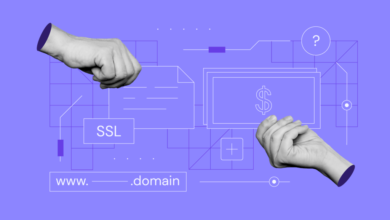Tips on Identifying Business Owners
Not all business owners are easy to identify but these steps can simplify the process
So, what is an ultimate beneficial owner? A UBO is the person who benefits when a business starts and accepts a transaction.
The precise definition can vary, but generally, an ultimate beneficial owner is an individual who holds a minimum of 10-25% (dependent on jurisdiction) of capital or voting rights in the business.
Performing a UBO search identifies this individual, but how do you get started?
Here are a few tips to help you perform a successful UBO search.
Research the Business’s Credentials
While the exact specifications vary depending on the jurisdiction and industry regulation standards, companies must supply full and up-to-date information that includes the firm’s registration number, name, address, official status, and the names of top management employees for verification of legitimacy and accuracy.
A good place to start is with the Swift KYC Registry. The database offers a baseline of know-your-customer information, which drives greater efficiencies and avoids duplication in data.
Follow the Chain of Ownership
Determine the natural or legal persons who have a percentage in shares or interests and if their ownership is direct or indirect.
Following the chain of ownership usually entails researching various corporation documents. These documents can be found on various online databases and in some financial documentation.
Identify and Verify Company Owner/s
Identifying the company’s owner/s involves looking at the total percentage of shares, including the ownership and management control of all stakeholders.
This information is often listed in company tax returns. You may also be able to find details in documents about the company’s structure. All of this is public information and shouldn’t be too difficult to find.
Perform a Know Your Customer Check
After identifying company owners, the last step is to perform a know your customer (KYC) check. This step involves collecting and verifying the following information.
- Proof of identity for all individuals involved in the company
- Proof of address (i.e., utility bill or lease agreement)
- Registration documents based on the type of business, such as incorporation papers or registration certificates
- Income tax returns for the previous year(s)
- Salary slips to verify employment
- Bank statements to verify financial stability
Failing to verify the customer’s identity can lead to costly fines and penalties.
Potential Penalties for Failing to Perform a KYC
Companies that do not adhere to regulatory requirements can face substantial monetary penalties.
Businesses can also face regulatory penalties that can include the suspension or revocation of licenses, restrictions on operations, and increased scrutiny from regulators. Moreover, companies that do not comply with KYC regulations can suffer damage to their reputation and may lose the trust of their customers, partners, and investors.
Criminal prosecution is another possibility if you do not perform a thorough know your customer check.
Executives and employees found guilty of non-compliance can be held personally liable and may face imprisonment. A recent example of this is the arrest of the CEO of a cryptocurrency exchange in 2020, who was charged with failing to comply with KYC and AML regulations.




